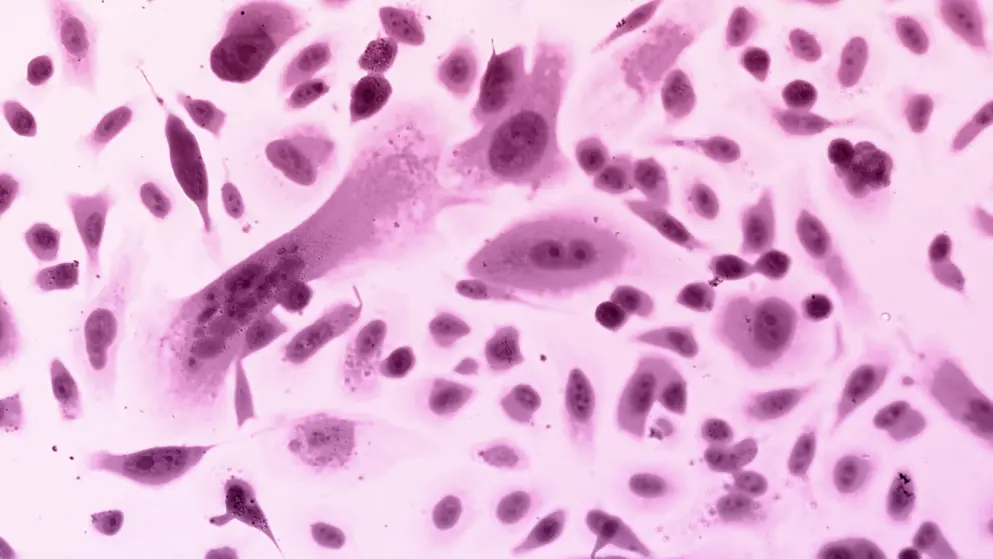
Promising Phase III Results for PTEN Prostate Cancer
Positive high-level results from the CAPItello-281 Phase III trial showed that AstraZeneca’s Truqap (capivasertib) in combination with abiraterone and androgen deprivation therapy (ADT) demonstrated a statistically significant and clinically meaningful improvement in the primary endpoint of radiographic progression-free survival (rPFS) versus abiraterone and ADT with placebo in patients with PTEN-deficient de novo metastatic hormone-sensitive prostate cancer (mHSPC)
Overall survival (OS) data were immature at the time of this analysis; however, the Truqap combination showed an early trend towards an OS improvement versus abiraterone and ADT with placebo. The trial will continue as planned to further assess OS as a key secondary endpoint.
Karim Fizazi, MD, PhD, Institut Gustave Roussy, and University of Paris Saclay in Villejuif, France, and principal investigator for the trial said: “Patients with this aggressive form of prostate cancer with tumour PTEN deficiency currently face a particularly poor prognosis, and there is an urgent need for new treatments that improve upon current therapies. The results seen with capivasertib in combination with abiraterone-prednisone and androgen deprivation therapy in the CAPItello-281 trial represent a step forward for these patients.”
Susan Galbraith, Executive Vice President, Oncology R&D, AstraZeneca, said: “These results show for the first time, that adding an AKT inhibitor to a standard-of-care therapy can provide benefit to patients with a biomarker of PTEN-deficient metastatic hormone-sensitive prostate cancer. By targeting a key driver of the disease, we have been able to improve upon current therapies and demonstrate the potential role of this combination in an area of critical unmet need. It will be important to see greater maturity in key secondary endpoints including overall survival.”
The safety profile of Truqap in combination with abiraterone and ADT in CAPItello-281 was broadly consistent with the known profile of each medicine.
Data will be presented at a forthcoming medical meeting and shared with global regulatory authorities.
CAPItello-281; CAPItello-281 is a Phase III, double-blind, randomised trial evaluating the efficacy and safety of Truqap in combination with abiraterone and ADT versus abiraterone and ADT in combination with placebo in the treatment of patients with PTEN-deficient de novo mHSPC. The global trial enrolled 1,012 adult patients with histologically confirmed de novo hormone-sensitive prostate adenocarcinoma and PTEN deficiency as confirmed by central testing. The primary endpoint of the CAPItello-281 trial is rPFS as assessed by investigator, with OS as a secondary endpoint.
In patients with mHSPC, also known as metastatic castration-sensitive prostate cancer (mCSPC), prostate cancer cells need high levels of androgens to drive cancer growth. Hormone therapies, such as ADT, are widely used to block the action of male sex hormones and lower the levels of androgens in the body. However, resistance to these therapies is common and there is a need to extend their use to delay disease progression and castration resistance, where the prostate cancer grows and spreads to other parts of the body despite the use of these therapies In patients with de novo mHSPC, the cancer has spread to distant parts of the body at the time of first diagnosis. PTEN-loss or deficiency fuels the growth of cancer cells, leading to dysregulation of the PI3K/AKT pathway, and is associated with poor outcomes in patients with prostate cancer.


